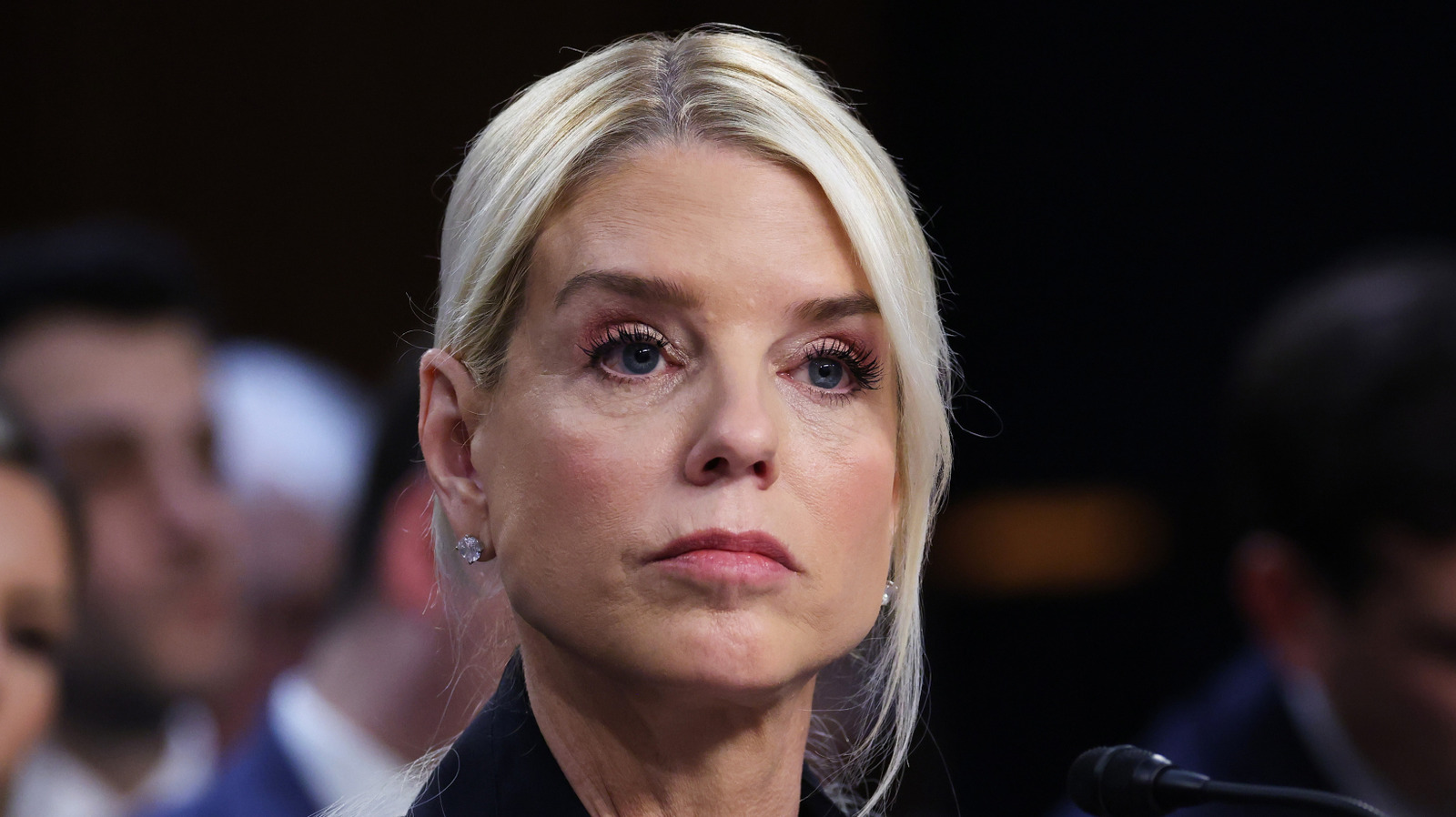TRUMP ONLY HIRES THE BEST PEOPLE!
LMFAO!


🚨 New court filings, including the grand-jury transcript, show U.S. Attorney Lindsey Halligan PROPERLY obtained the indictment against James Comey.
— 🇺🇸 Mike Davis 🇺🇸 (@mrddmia) November 20, 2025
Despite the media's best efforts to misreport and cover for their favorite deep-state actor, James Comey.
I. The court and the… pic.twitter.com/DApY2adjnZ
LOL, the media is supposed to report on an unreleased (and probably not yet written) court document rather than on what Halligan said herself during the court hearing.PAC-10-BEAR said:🚨 New court filings, including the grand-jury transcript, show U.S. Attorney Lindsey Halligan PROPERLY obtained the indictment against James Comey.
— 🇺🇸 Mike Davis 🇺🇸 (@mrddmia) November 20, 2025
Despite the media's best efforts to misreport and cover for their favorite deep-state actor, James Comey.
I. The court and the… pic.twitter.com/DApY2adjnZ
Eastern Oregon Bear said:LOL, the media is supposed to report on an unreleased (and probably not yet written) court document rather than on what Halligan said herself during the court hearing.PAC-10-BEAR said:🚨 New court filings, including the grand-jury transcript, show U.S. Attorney Lindsey Halligan PROPERLY obtained the indictment against James Comey.
— 🇺🇸 Mike Davis 🇺🇸 (@mrddmia) November 20, 2025
Despite the media's best efforts to misreport and cover for their favorite deep-state actor, James Comey.
I. The court and the… pic.twitter.com/DApY2adjnZ
DiabloWags said:
I'M GUESSING THAT SHE DIDNT GRADUATE AT THE TOP OF HER LAW CLASS
TRUMP ONLY HIRES THE BEST PEOPLE!
LMFAO!


DiabloWags said:
Driving Federal Judges to apoplexy.
Barbie being Barbie.


bearister said:
DOJ:

bearister said:
Ex-Trump lawyer calls for Pam Bondi to be fired as James Comey case collapses